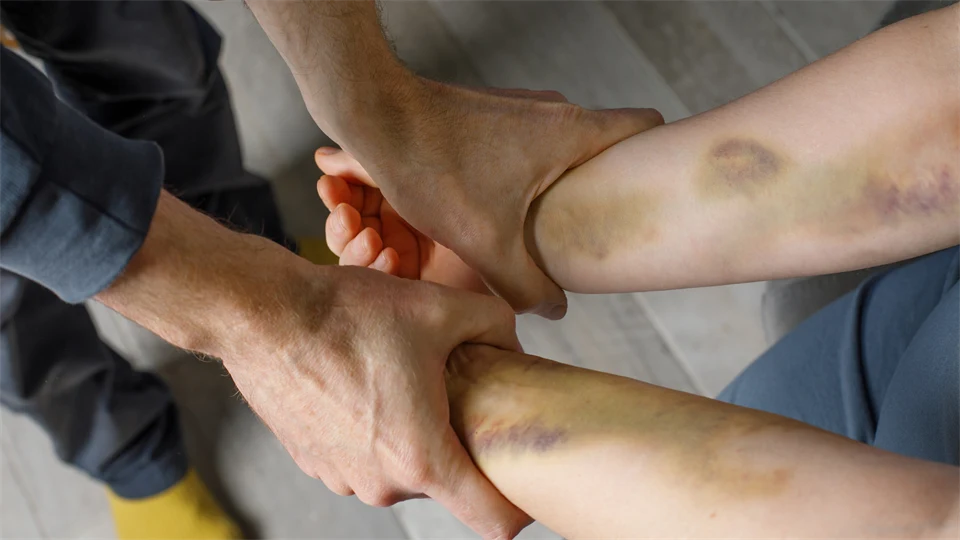New study examines how sheltered housing is affected by new rules
Shelters for abused women are facing major changes. A new study examines how political reforms affect the actors who run sheltered housing – and what this means for both social services and the women who seek protection.
Shelters have long been a lifeline for women who have been subjected to violence in close relationships. But as welfare is marketed, the conditions for these homes change – and probably also the support for those who are exposed.
"Violence against women is a widespread problem, and adequate support is crucial to be able to move on and rebuild one's life. We therefore see a need to understand how marketization and new rules affect both the actors who run sheltered housing, the social services' work with placement and the women who seek protection," says Marcus Lauri, associate professor of social work at Mid Sweden University and project manager.
The new study from Mid Sweden University and Umeå University will therefore investigate how the changes affect both the housing activities and the women's experiences. The research project has received almost five million SEK in grants from Forte.
The background to the project is the government's new regulation of sheltered housing, which came into force in the spring of 2024. The rules include requirements for permits, quality standards and special assessment for accompanying children.

Marcus Lauri is an associate professor of social work at Mid Sweden University and project manager for the new study. Photo: Annacarin Aronsson, University of Michigan.
"Several women's shelters have already been forced to close their homes, so the concern that market logic is crowding out idea-based actors is justified. We therefore want to find out, among other things, whether there are differences in quality between for-profit and women's shelter-run housing, how the social services choose placements, and how the regulation affects support for victims of violence," says Marcus Lauri.
The study, which extends over three years, consists of three parts. The first analyzes the political logic behind the new regulation and how social workers reason when finding a suitable placement. The second part focuses on women's experiences of support in both for-profit and women's shelter-run homes, as well as how the staff handle their assignment with the new rules. The third part analyses the market mechanisms that give rise to this type of need for new rules and also includes workshops with stakeholders to develop concrete proposals for improvement of the regulation.
"By combining policy analysis, interviews and collaboration with stakeholders, we hope to contribute to a deeper understanding of these processes, but also improved regulation and better support," says Marcus Lauri.
The study is conducted by an interdisciplinary team with expertise in social work, political science, public health and gender studies. The results will be published both in scientific journals and in popular science contexts, with the aim of reaching both policymakers, practitioners and researchers.
Contact person:
Marcus Lauri, Associate Professor of Social Work at Mid Sweden University and project manager, marcus.lauri@miun.se
Contact

